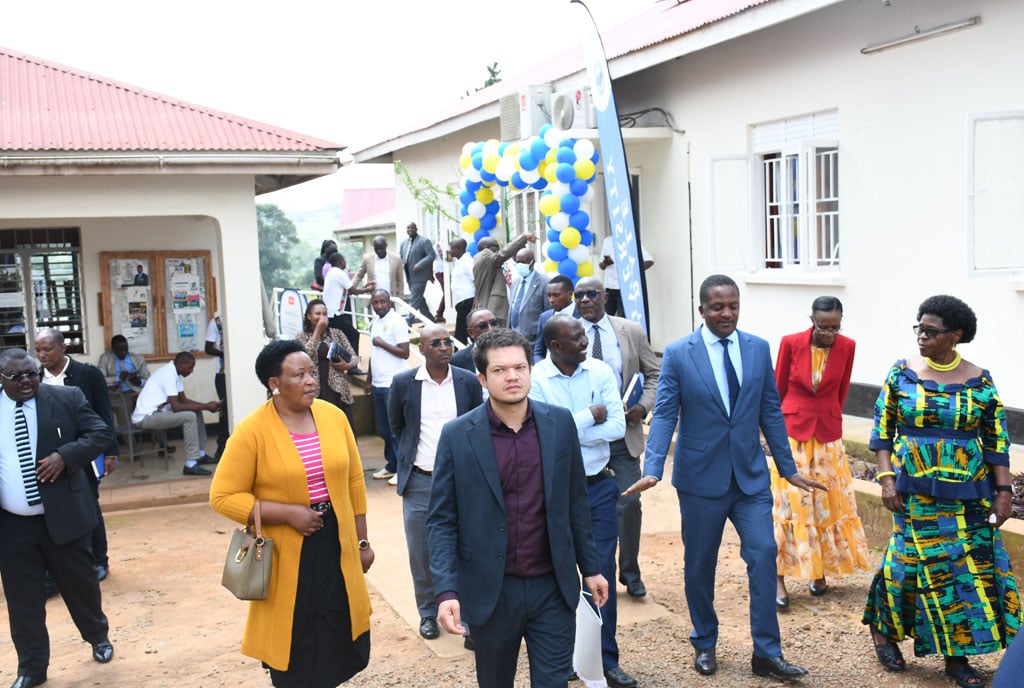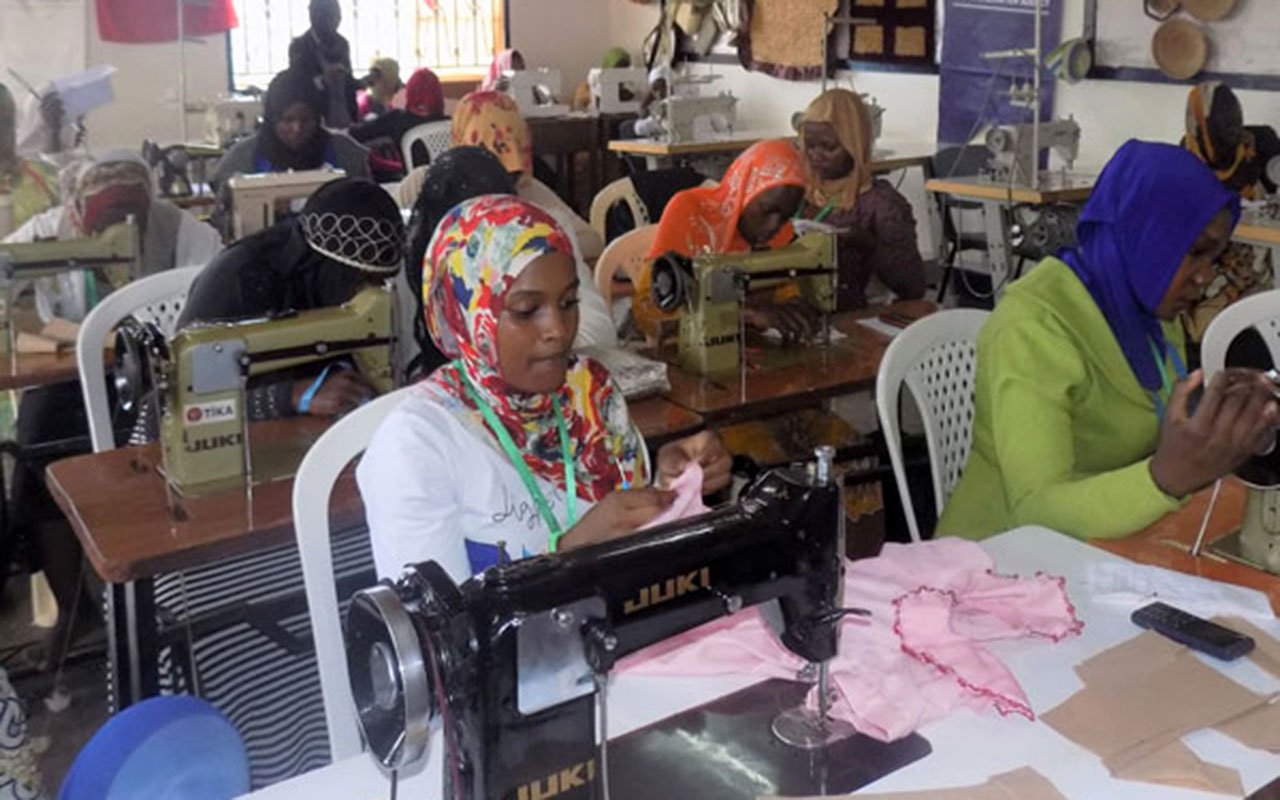Kabale University cries out for more funds

What you need to know:
- The university awarded 1,387 graduands with masters, bachelors and diplomas at the weekend.
Inadequate physical infrastructure and low staffing remain major challenges hindering development at Kabale University amid increasing student numbers.
The vice chancellor of Kabale University, Prof Joy Kwesiga, appealed for a special fund allocation from the Ministry of Education and Sports to address the gaps.
“We want the government to increase staff from the current 26 percent to 50 percent. We have been forced to hire private facilities and tents to create space for lecture rooms for our learners. We are also hiring part-time lecturers and attracting volunteer lecturers from Nigeria,” Prof Kwesiga said.
Prof Kwesiga added that the university inherited physical infrastructure that used to house some of the administrative units of Kabale District local government.
She made the remarks during Kabale University’s eighth graduation ceremony at Kikungiri Hill in Kabale Town at the weekend.
A total of 1,387 students graduated with masters, bachelors and diplomas.
The former Finance minister, Prof Ezra Suruma, was the chief guest while the State minister for Primary Healthcare, Dr Joyce Moriku Kaducu, represented the Minister of Education and Sports, Ms Janet Museveni.
The Kabale University council chairperson, Mr Adison Kakuru, said the unfulfilled 2016 presidential pledge of Shs48b would give the institution the much-needed development boost.
“While all the other public universities have benefited from the loan facilities guaranteed by the government, Kabale University remains the only public university without central teaching facilities and desired modern buildings for quality teaching and staff office space. This university should benefit from government development programmes,” Prof Kakuru said.
He asked the government to support the university in the construction of facilities for decent student accommodation.
While the university council approved the public-private partnership policy, the operationalisation of the policy still requires support from the government.
While Kabale University has for some time been requesting for additional land, there are other government owned pieces of land which could be availed for expansion,” Mr Kakuru said.
But despite meagre resources for capital development, Prof Kwesiga said the science block had been constructed and that the university had embarked on constructing a five-storey engineering block at Nyabikoni, and a business incubation centre worth $230,000 (Shs850 million) with funding from the United Nations Development Programme (UNDP).
Research
Ms Janet Museveni, the Minister of Education and Sports, tasked Kabale University Council and management to ensure students gain quality education and undertake research in order to effectively contribute to solutions needed for community problems.
In her speech delivered by Dr Kaducu, she appealed to all universities and tertiary institutions across the country to strengthen education systems by supporting learners to transform knowledge and skills into goods and services.
She also highlighted the need to develop Information Communication Technology (ICT) infrastructure to support learners to cope in the digital age.
Dr Kaducu hailed the institution’s growth, pledged continued government support and emphasised and the need to increase government-sponsored student numbers to 300 annually.
Prof Suruma tasked graduates to leverage their intellectual capabilities to solve problems that Ugandans face in the 21st Century.
Excellence award
The academic excellence award was presented to Mr Moluma Sunday Otim, who graduated with a Bachelor of Applied Design and Fine Art, as the overall best male student with a CGPA of 4.77.
Ms Ruth Asiimwe, who graduated with a Bachelor of Business Administration, was recognised as the most outstanding student with a CGPA of 4.78.
Prof Kwesiga urged the government to increase the number of sponsored students annually to promote education in Kigezi. Of the 3,000 students admitted this year, only 402 are supported by government while 227 students are currently benefitting from the loan scheme.
The ceremony was also graced by Prof Jude Lubega, the vice chancellor of African Renewal University, Members of Parliament, religious leaders and members of the local government from the districts of greater Kigezi.
Established in 2001 as a not-for-profit community institution by the people of Kigezi Sub-region, Kabale University’s student numbers have since increased from 42 to 6,661 and became a public university in 2015.
The university’s major objective is to contribute to the socioeconomic development of Uganda, East Africa, Eastern Africa, and Africa through accessible training, research, and decentralised service delivery, using participatory and inclusive approaches and methodologies.
The institution is now fully owned and run by the government.
Latest graduates
Among the graduates, 806 were male and 581 were female. More than 1,000 were awarded bachelor’s degrees, 263 with diplomas, 44 with masters, 44 with postgraduate diplomas, and 20 with certificates.




